Latest News
Welcome to the our news page! For all the latest from the Animals Trust including pet care information, updates from our team, our services and more!
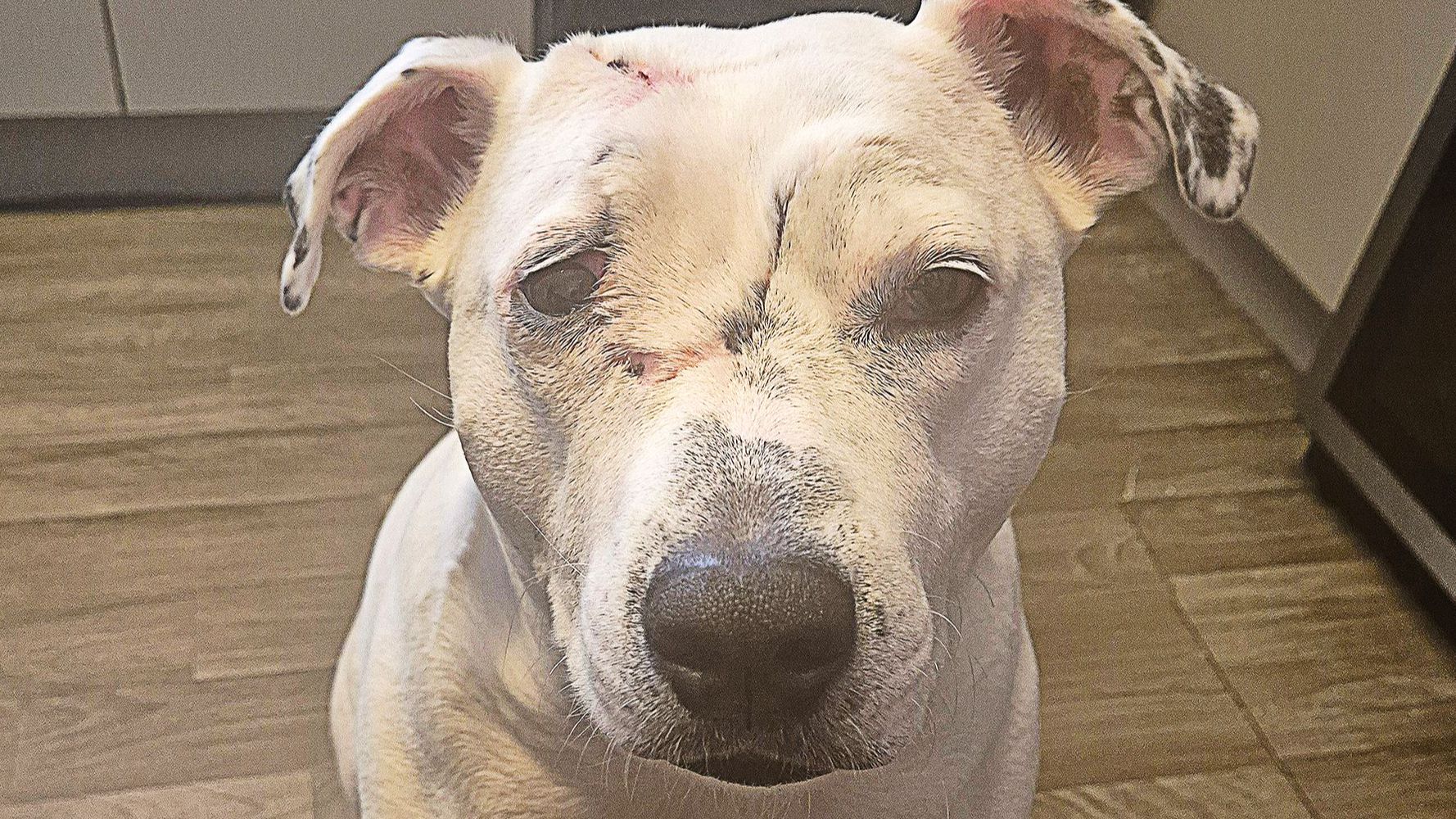
Good News Stories
Life saving facial surgery for Barney
30th October 2024
Read time 2 min
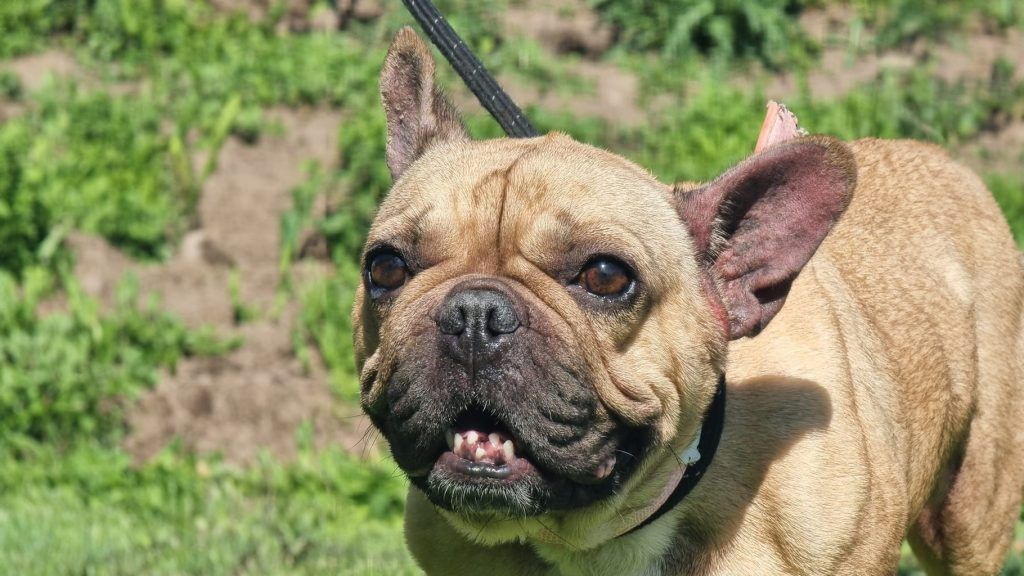
Good News Stories
A New Lease of Life for Sniffles the Bulldog
2nd October 2023
Read time 3 min
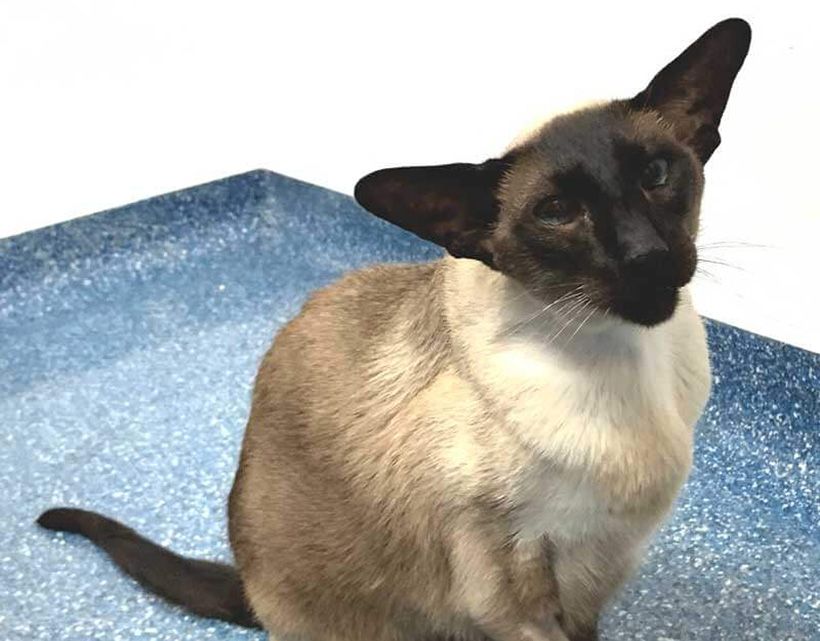
Pet Advice
Case of Cat Asthma Diagnosed at Animal Trust Ellesmere Port
2nd April 2024
Read time 1 min
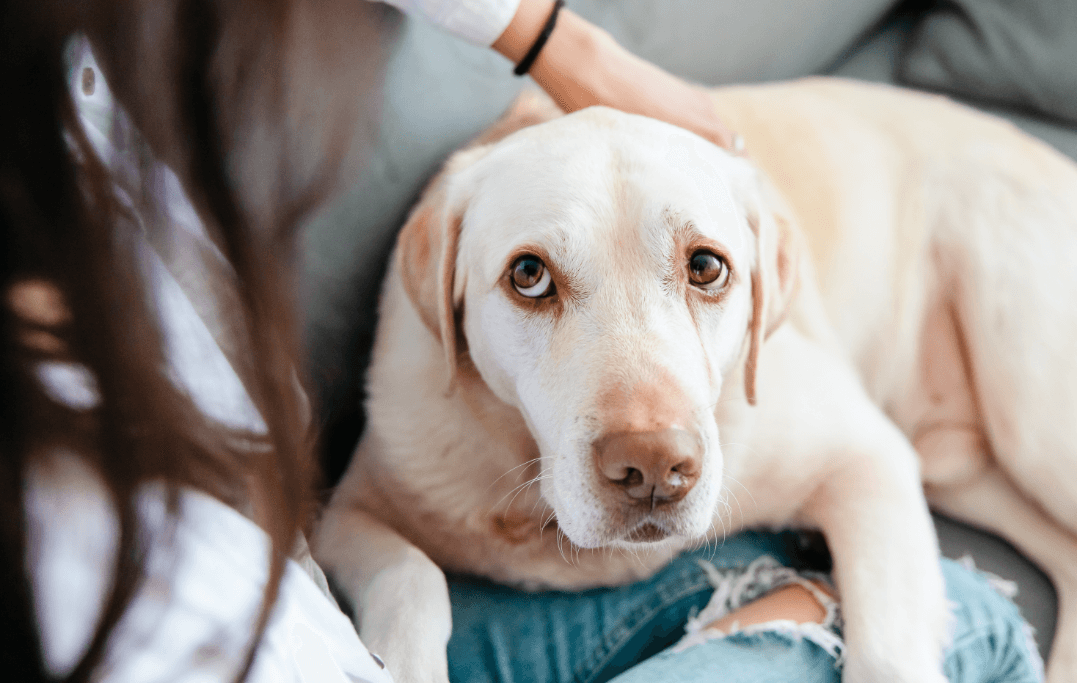
Pet Advice
What to do if your dog is vomiting
2nd April 2024
Read time 3 min
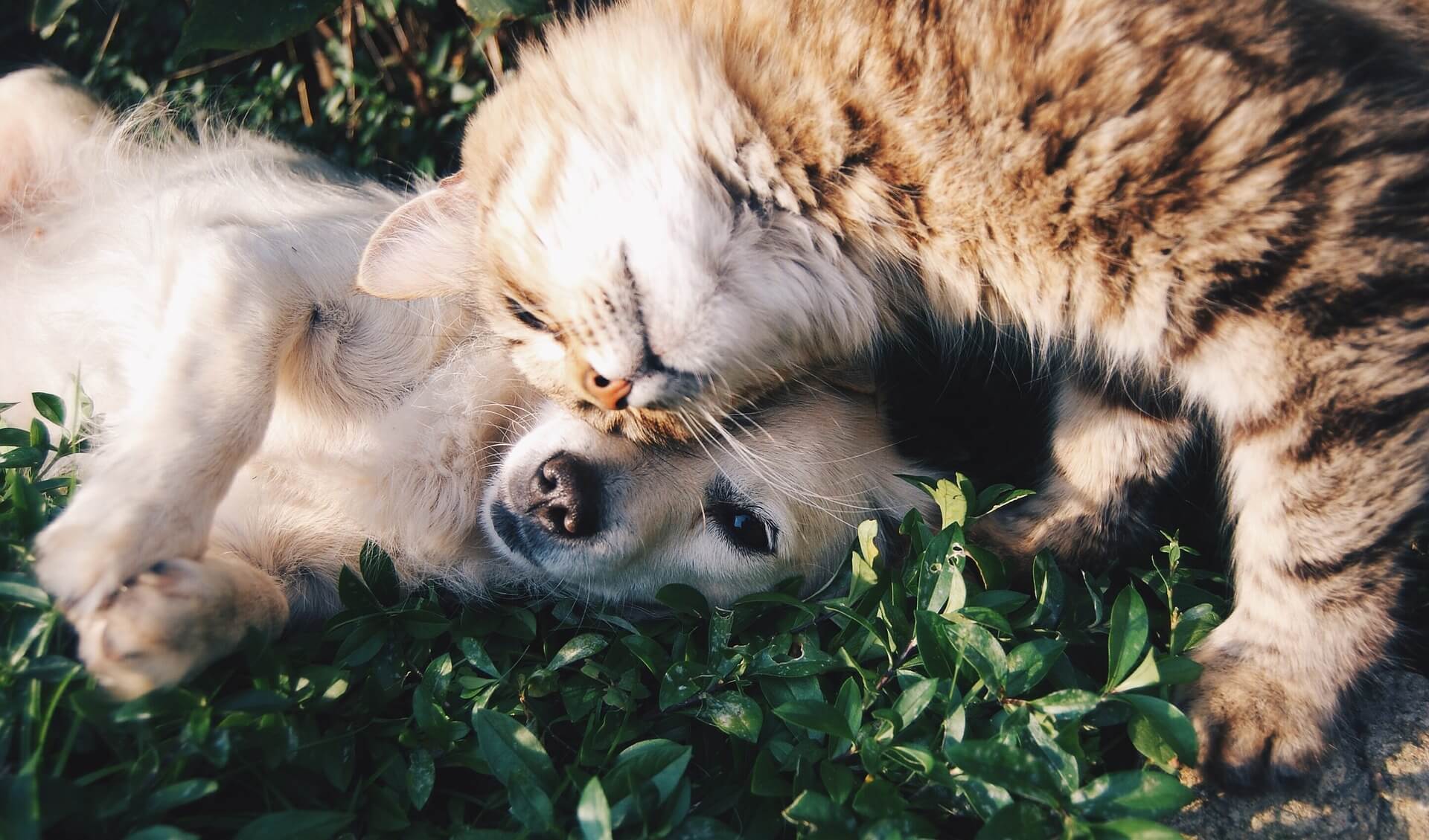
Pet Advice
The best flea and worm treatments for cats and dogs
16th April 2024
Read time 1 min
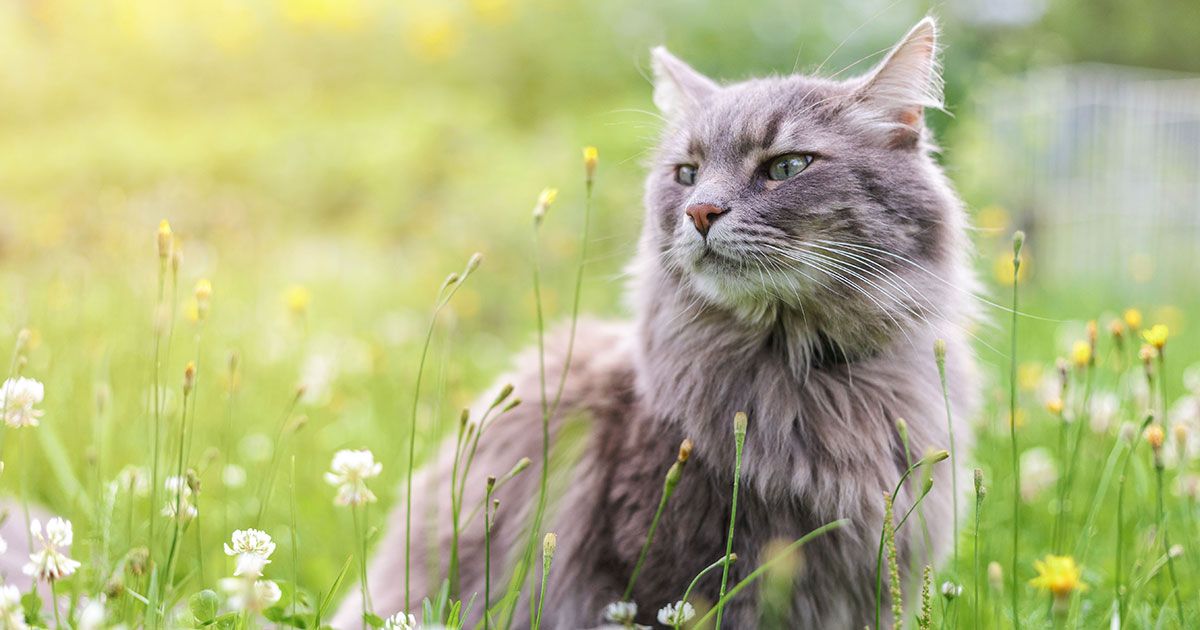
Pet Advice
Microchipping Your Cat
5th June 2024
Read time 2 min
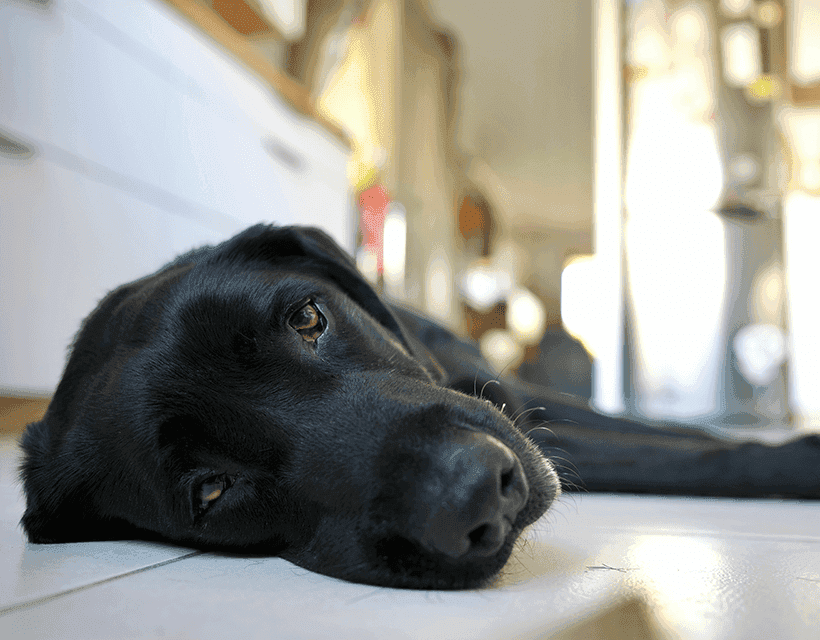
Pet Advice
Protecting Your Dog from Heatstroke This Summer
25th June 2024
Read time 4 min
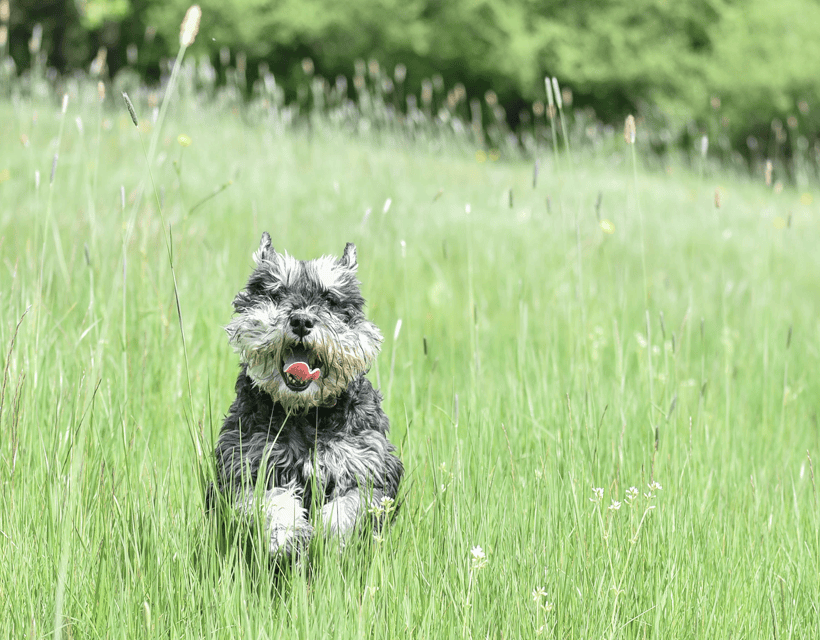
Pet Advice
Are Grass Seeds Harmful to Dogs?
11th July 2024
Read time 3 min
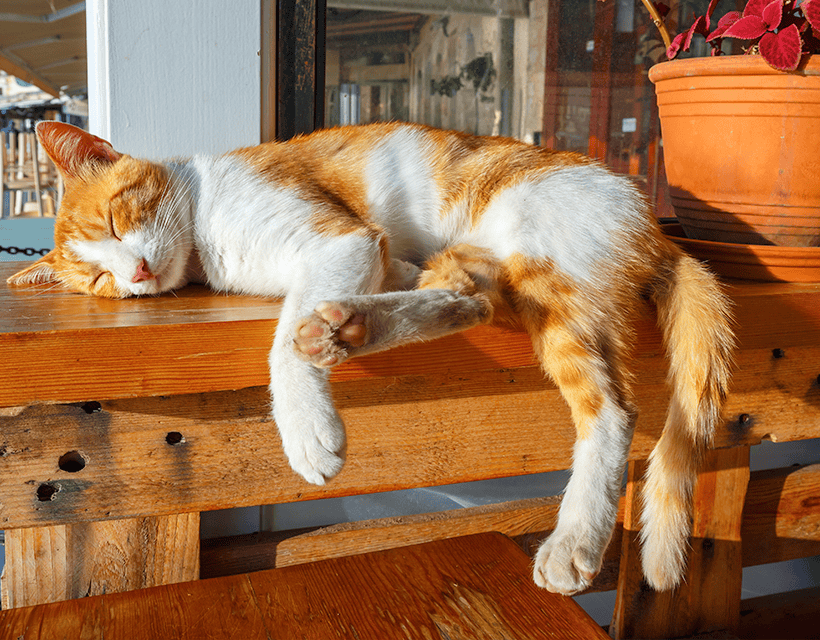
Pet Advice
Protecting Your Cat From Heatstroke This Summer
12th July 2024
Read time 4 min

Announcement
Referral Vet, Dylan Payne joins Animal Trust Vets
31st July 2024
Read time 3 min
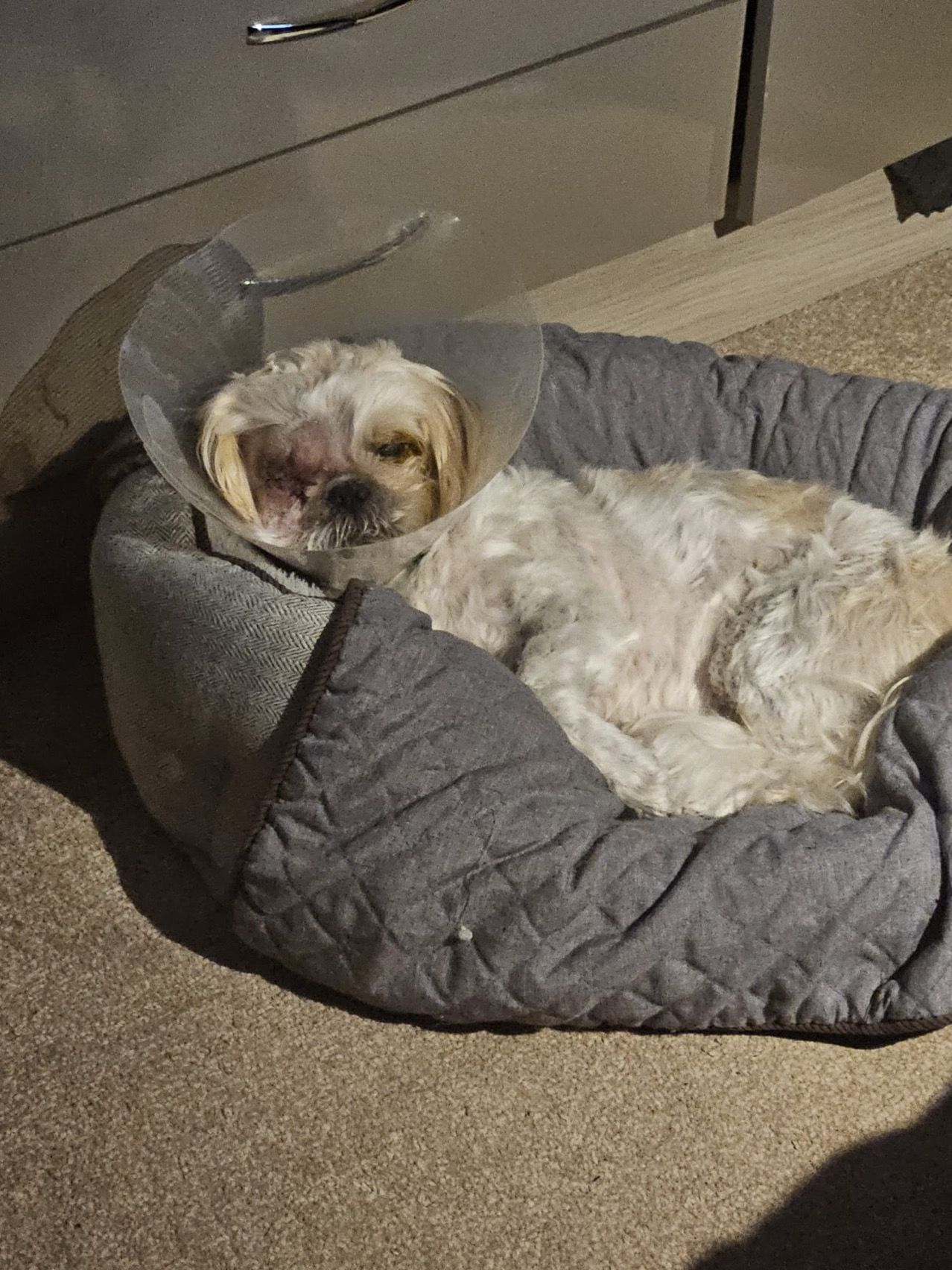
Good News Stories
Milo's on the road to recovery
5th September 2024
Read time 2 min

Pet Advice
How to Settle in Your New Puppy
5th September 2024
Read time 1 min

Good News Stories
Reggie is making a good recovery after kidney surgery
10th October 2024
Read time 3 min
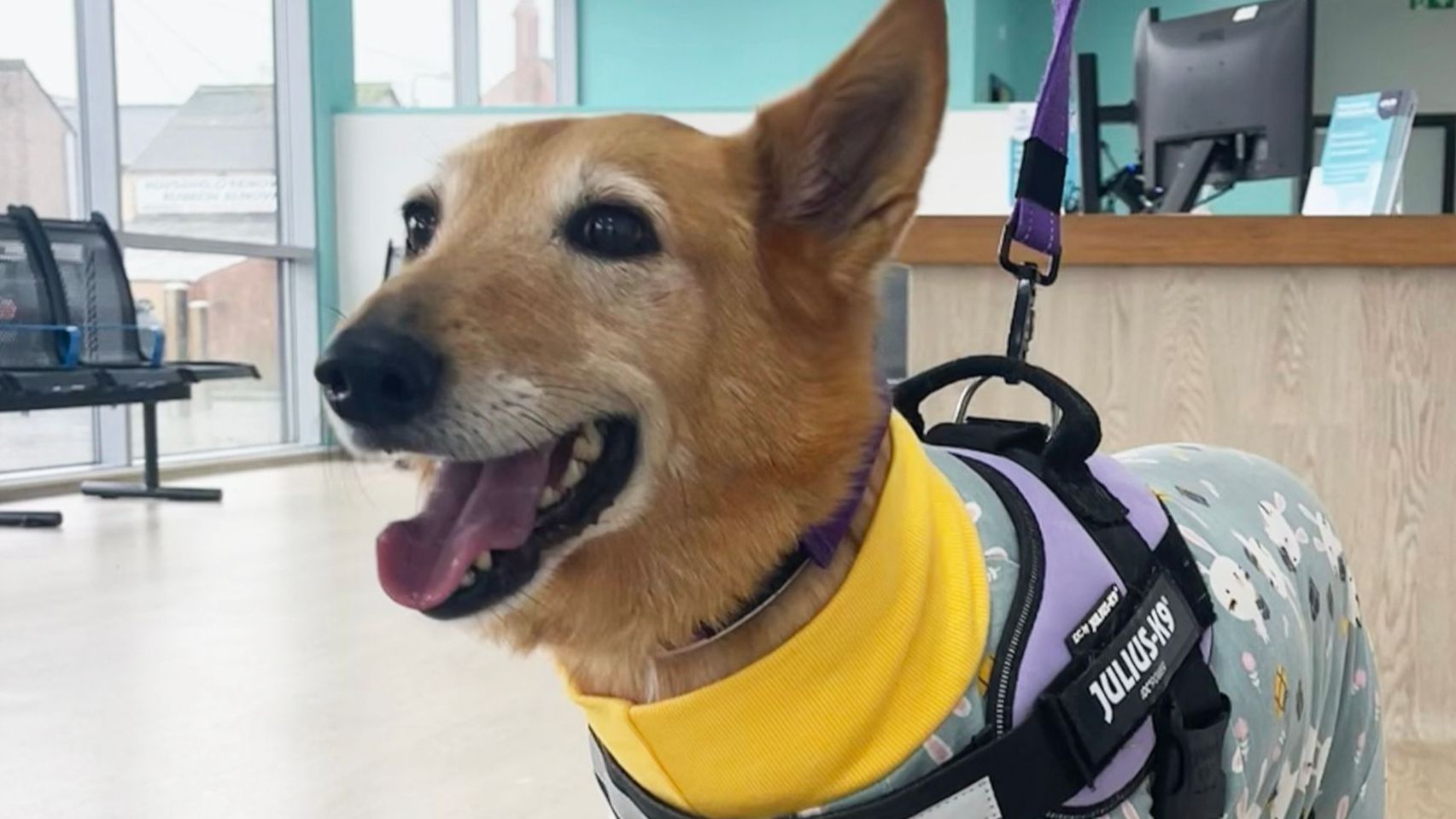
Good News Stories
Bethan has cancerous mass removed
5th November 2024
Read time 2 min
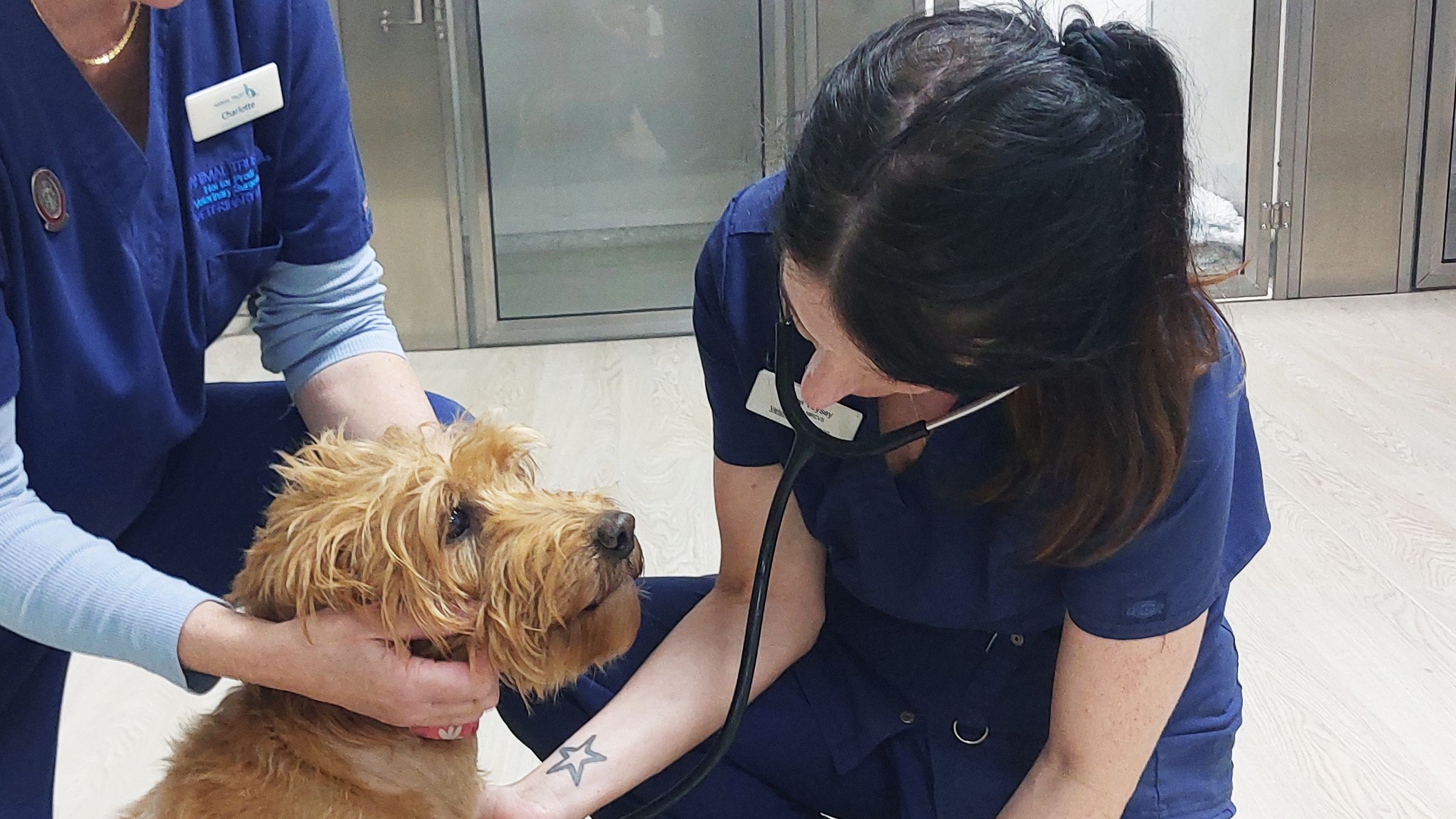
Good News Stories
Elsie the Labradoodle had treatment for her diabetes at Rhyl
5th November 2024
Read time 2 min
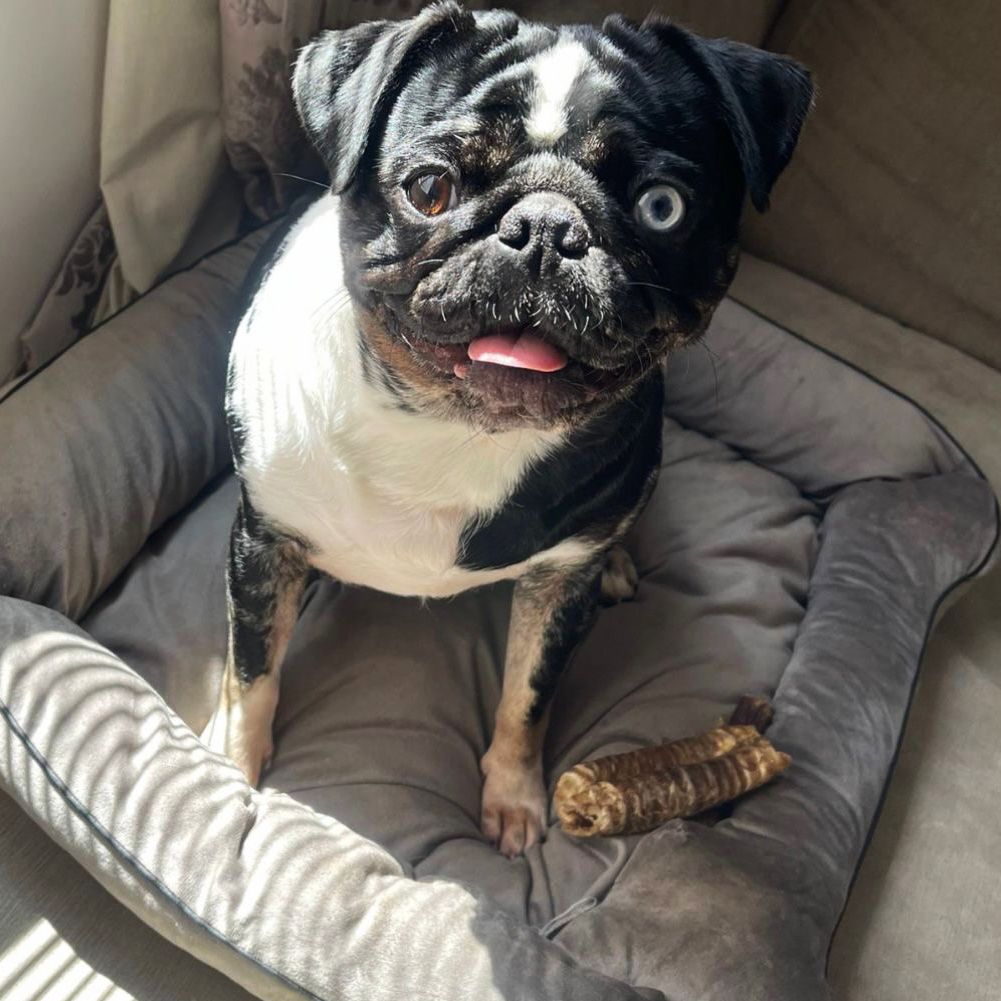
Good News Stories
BOAS surgery for Luna the Pug
12th November 2024
Read time 2 min
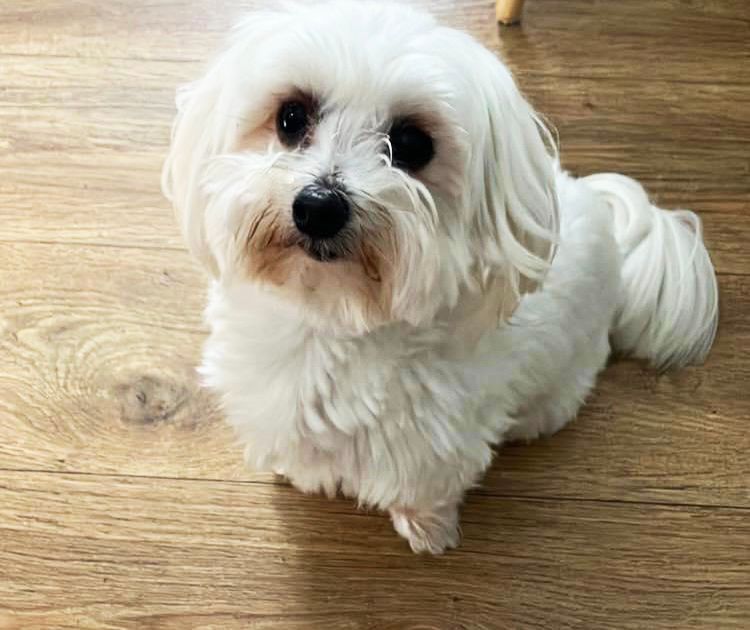
Good News Stories
Sid has soft tissue surgery at Animal Trust Shrewsbury
12th November 2024
Read time 2 min
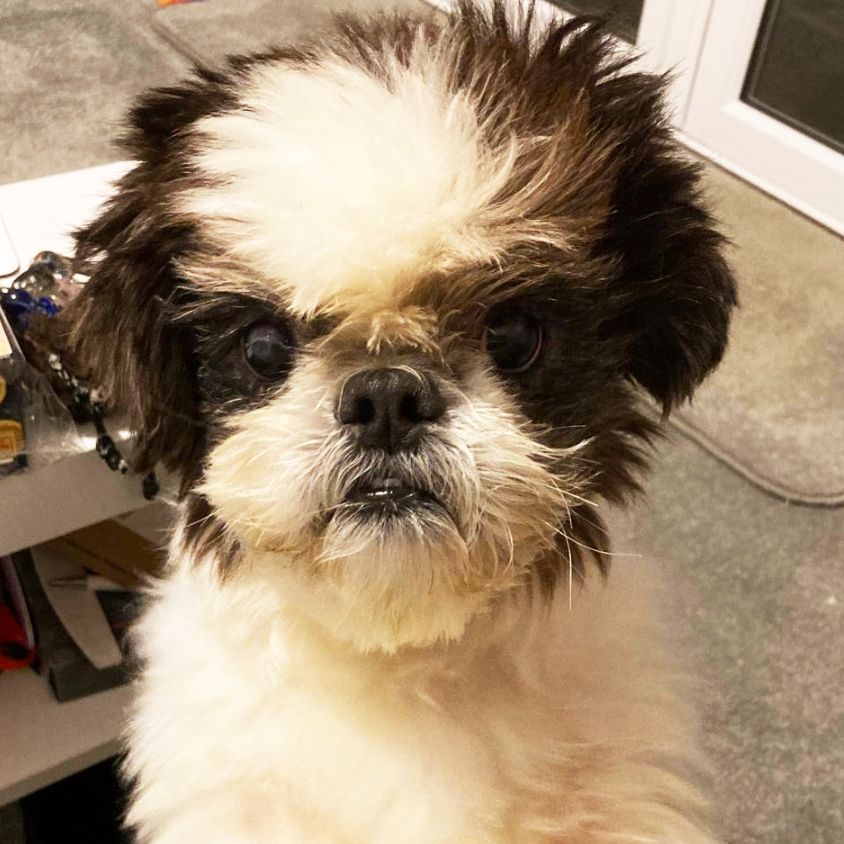
Good News Stories
Roscoe keeps both eyes
15th November 2024
Read time 2 min
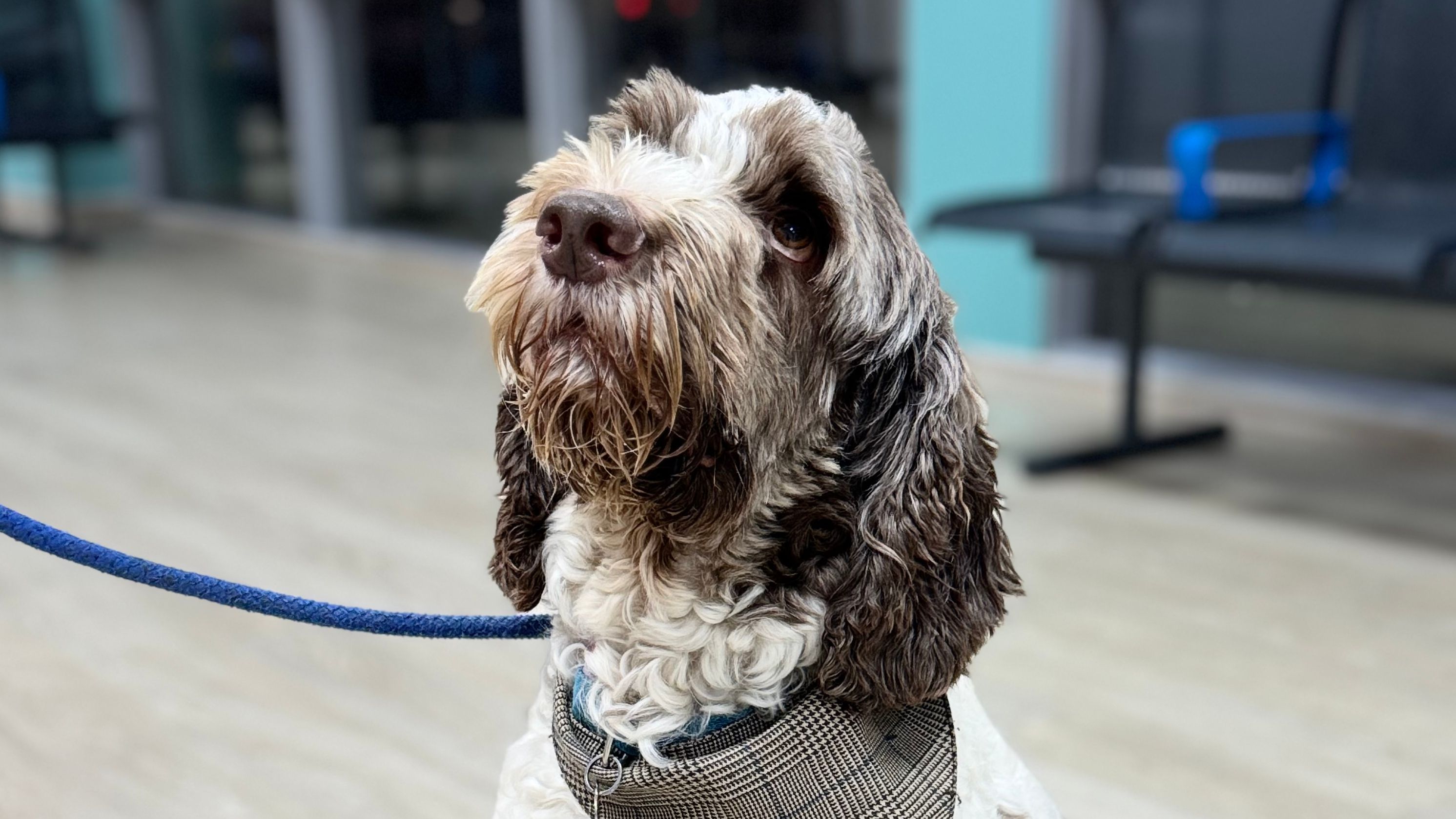
Good News Stories
Cockerpoo Harry Responds Well to Treatment for Addison's
29th November 2024
Read time 2 min
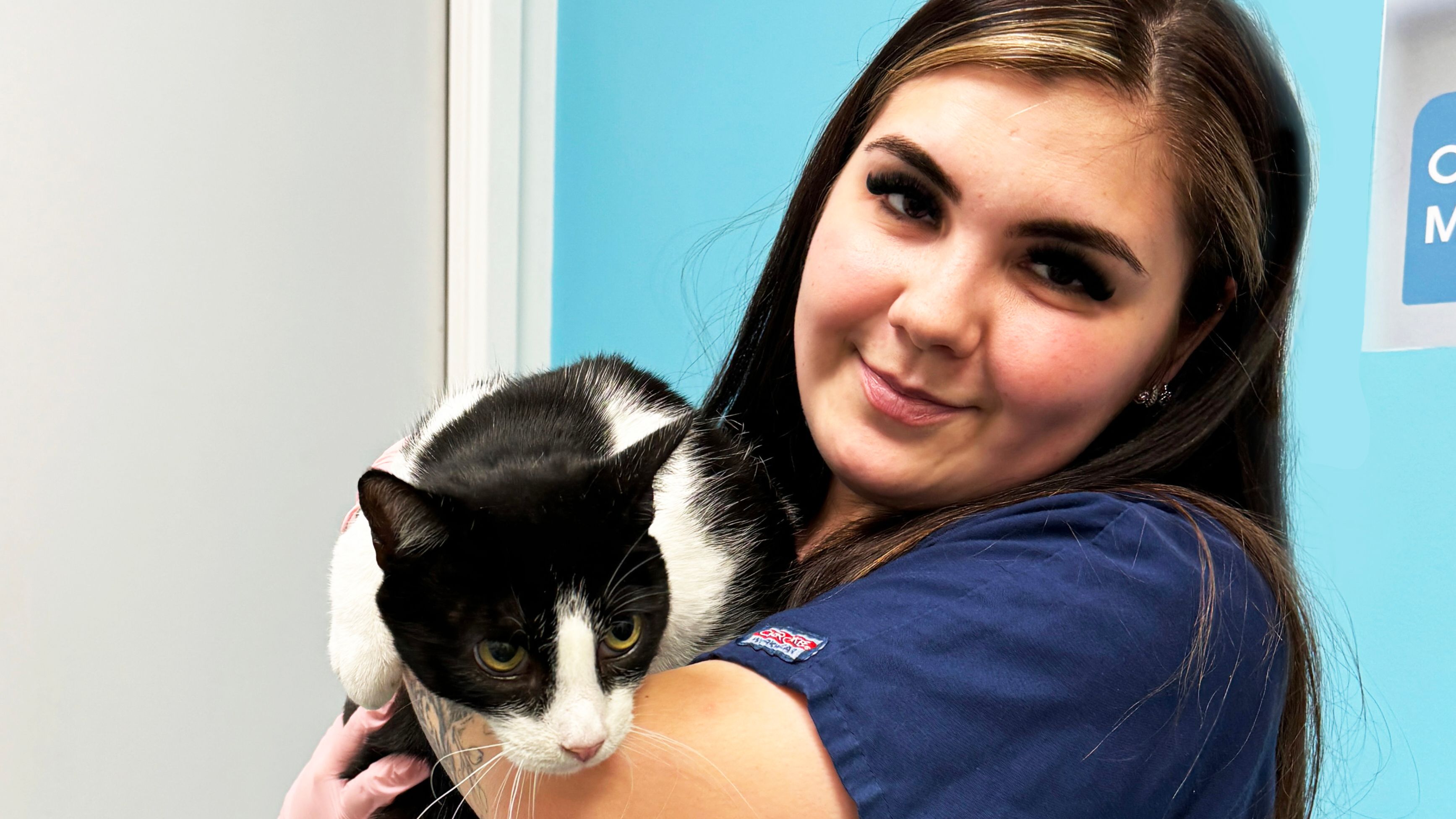
Good News Stories
Merlin successfully has mass removed
3th December 2024
Read time 2 min
Good News Stories
Nell treated in Pet A&E Ellesmere Port hospital
30th November 2024
Read time 2 min
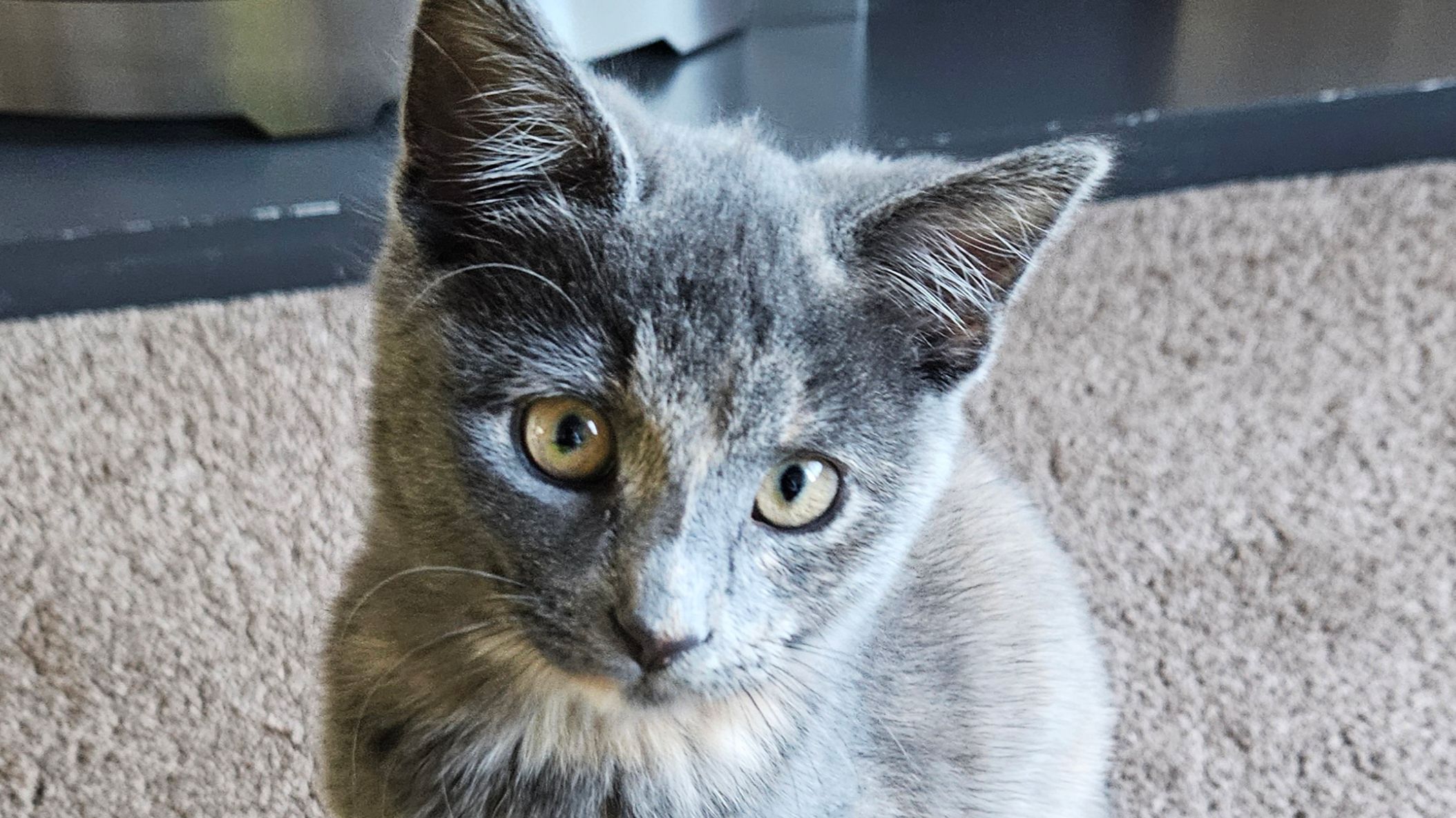
Good News Stories
Fracture repair to Mysti the kitten's leg
3th December 2024
Read time 2 min
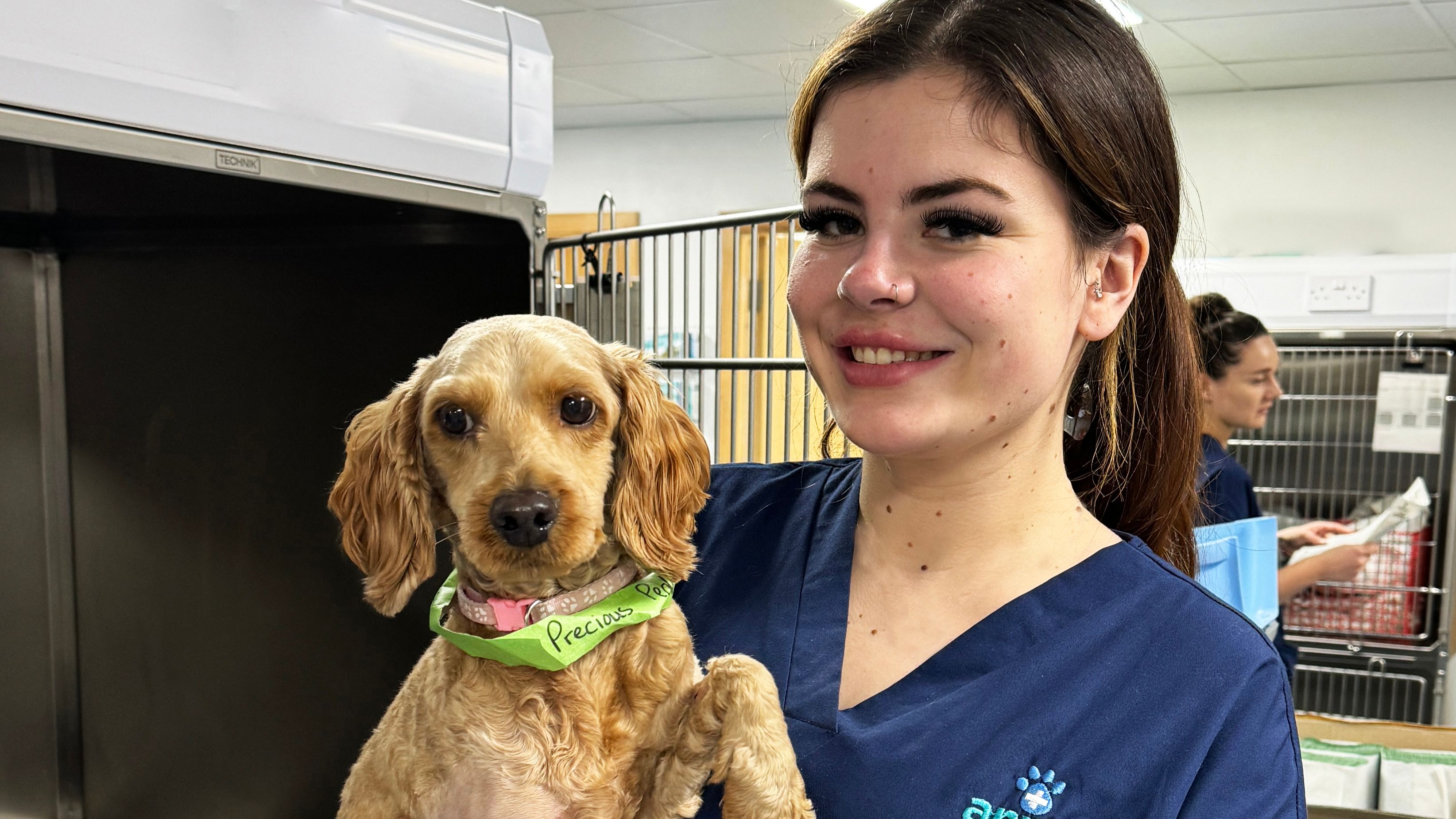
Good News Stories
Precious is walking again after fracture
9th December 2024
Read time 2 min
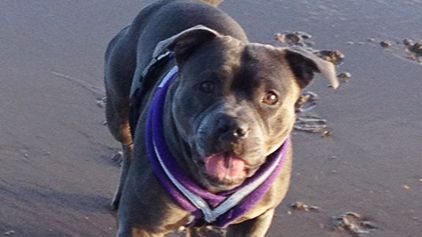
Good News Stories
Florence has treatment for painful eye ulcer
10th December 2024
Read time 2 min
Good News Stories
Addison's Disease Diagnosis for Dog
12th January 2025
Read time 2 min
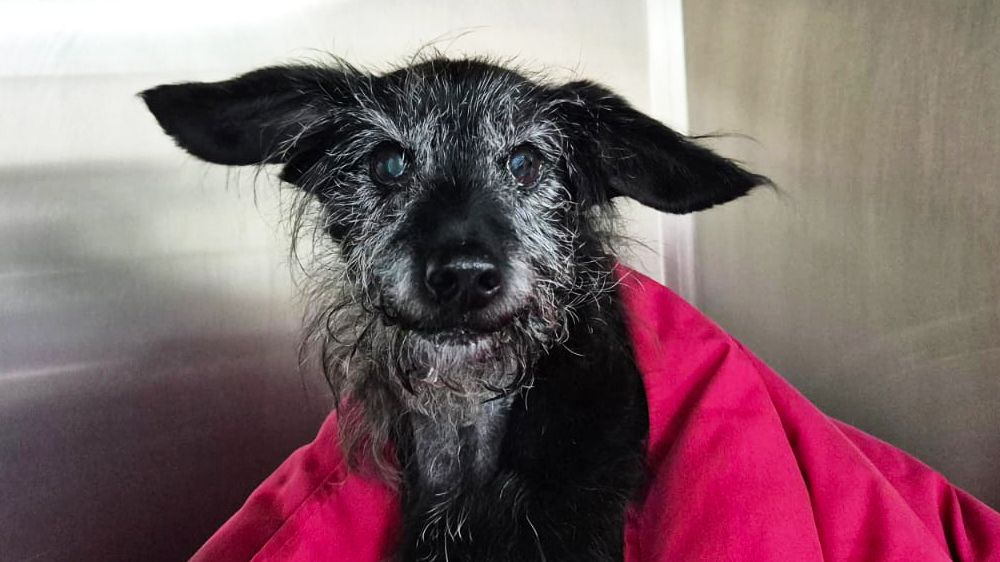
Good News Stories
Cruciate surgery for senior Jack Russel Terrier Rocco
6th January 2025
Read time 2 min
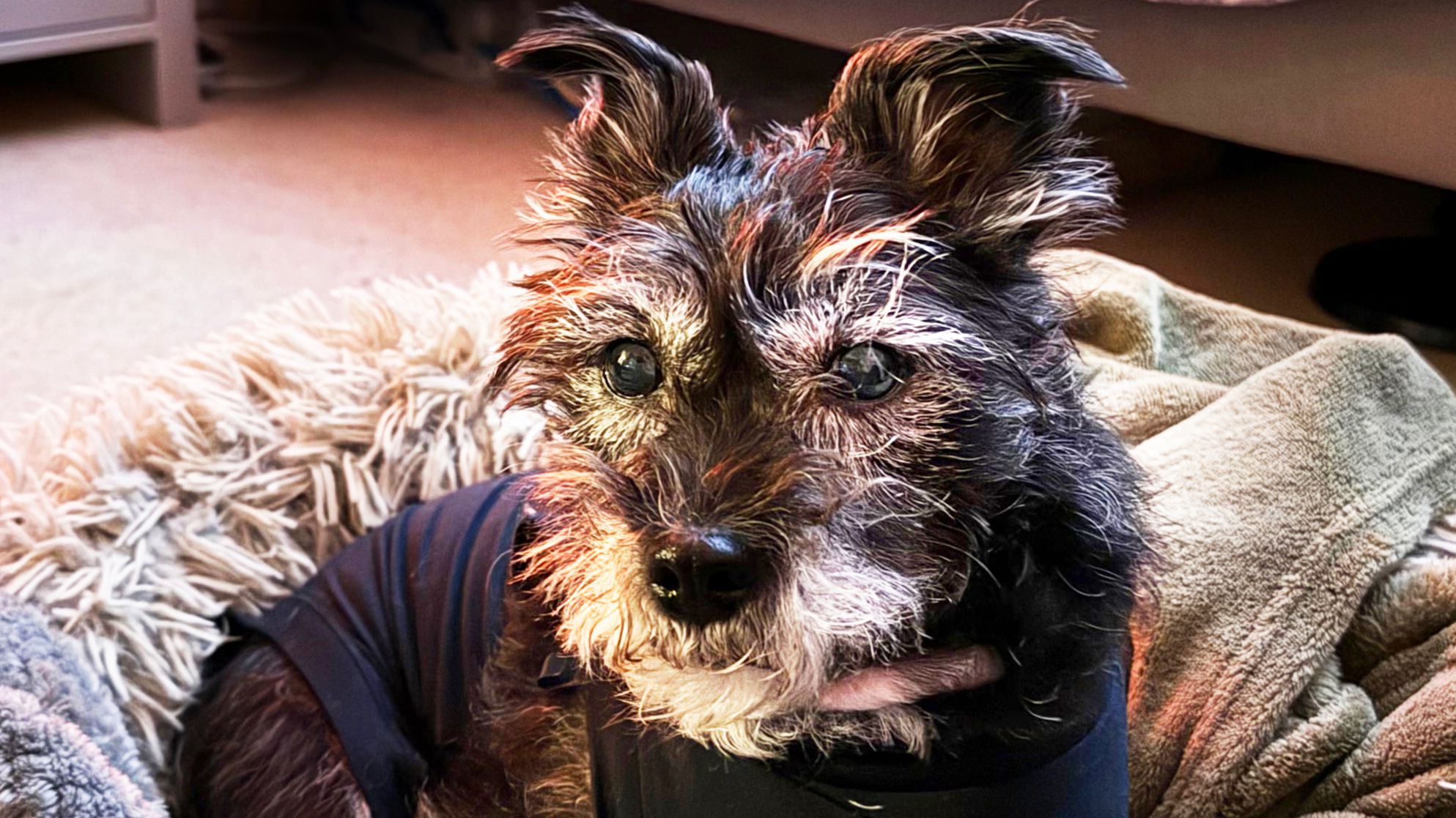
Good News Stories
Dog has pancreatic tumour removed
20th January 2025
Read time 2 min
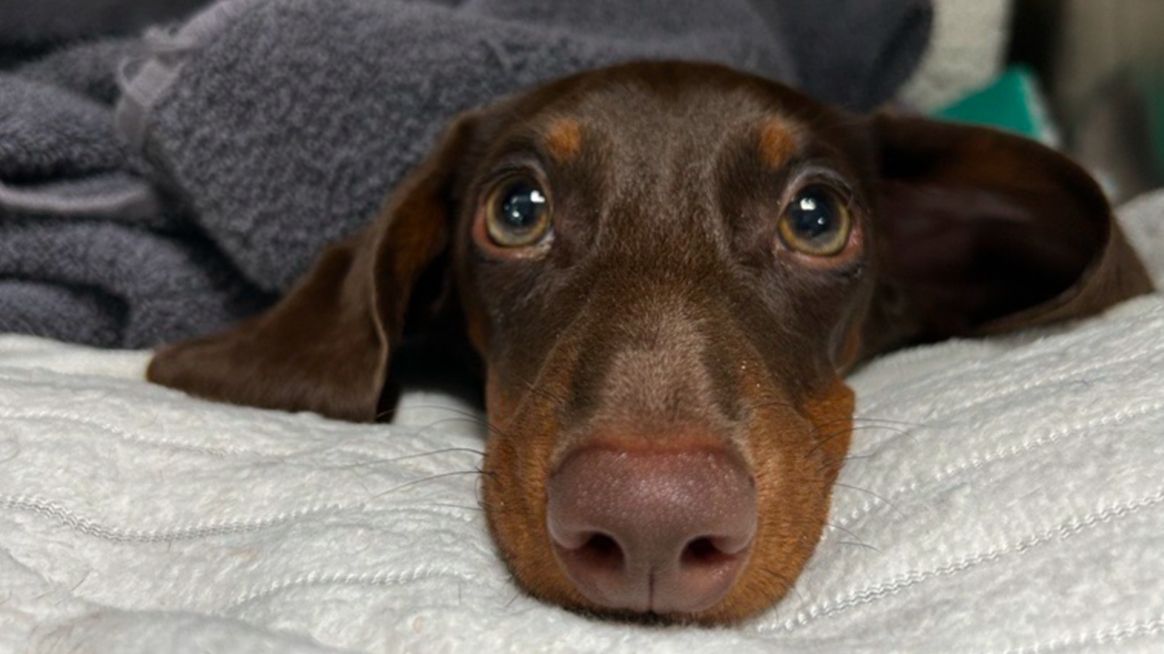
Good News Stories
Heart surgery for Duchess the Dachshund
31th January 2025
Read time 2 min
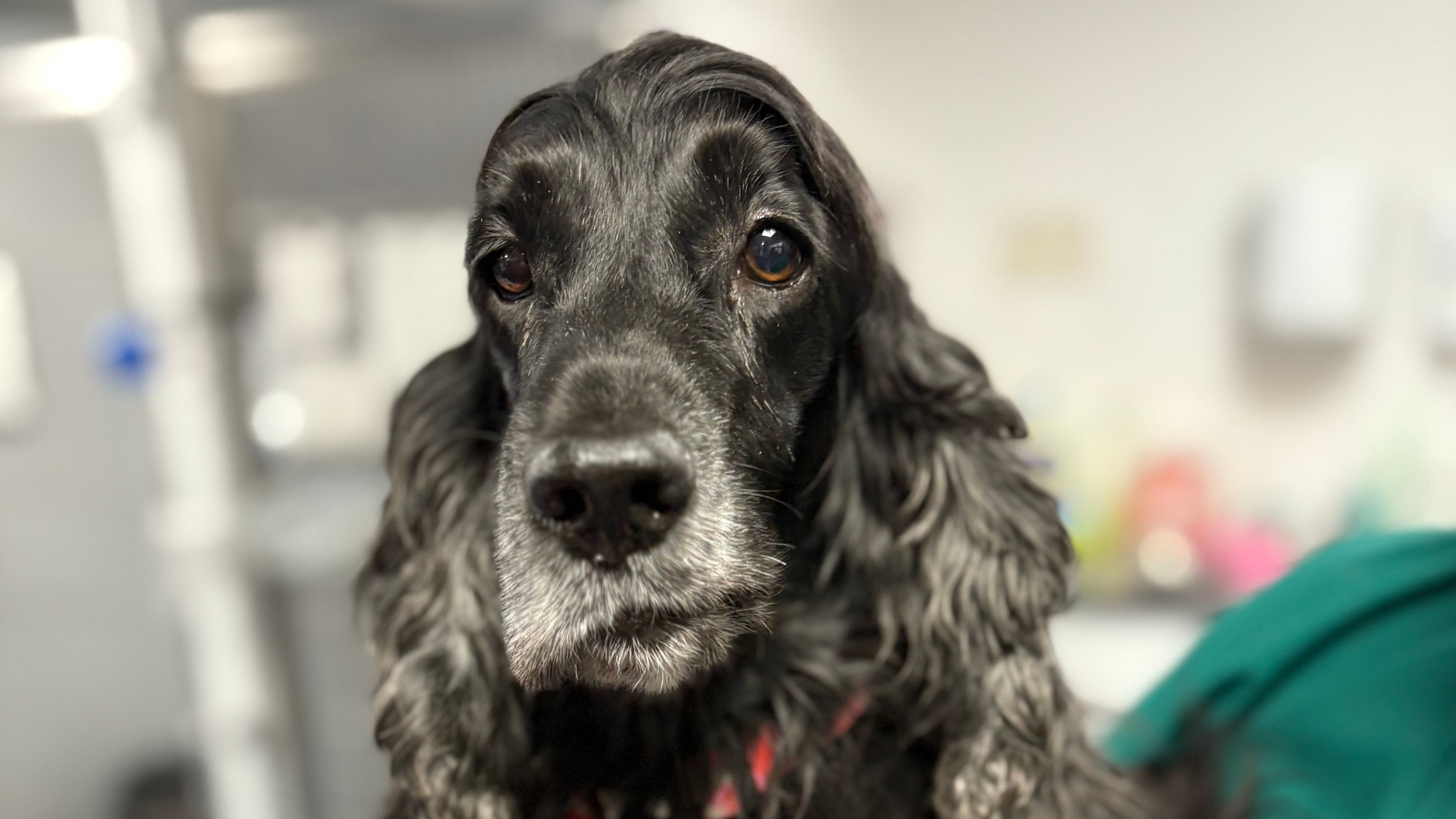
Good News Stories
Mass removal surgery successful for Dolly the Spaniel
6th January 2025
Read time 2 min

Good News Stories
Milo the Shih Tzu keeps his good eye
30th December 2024
Read time 2 min
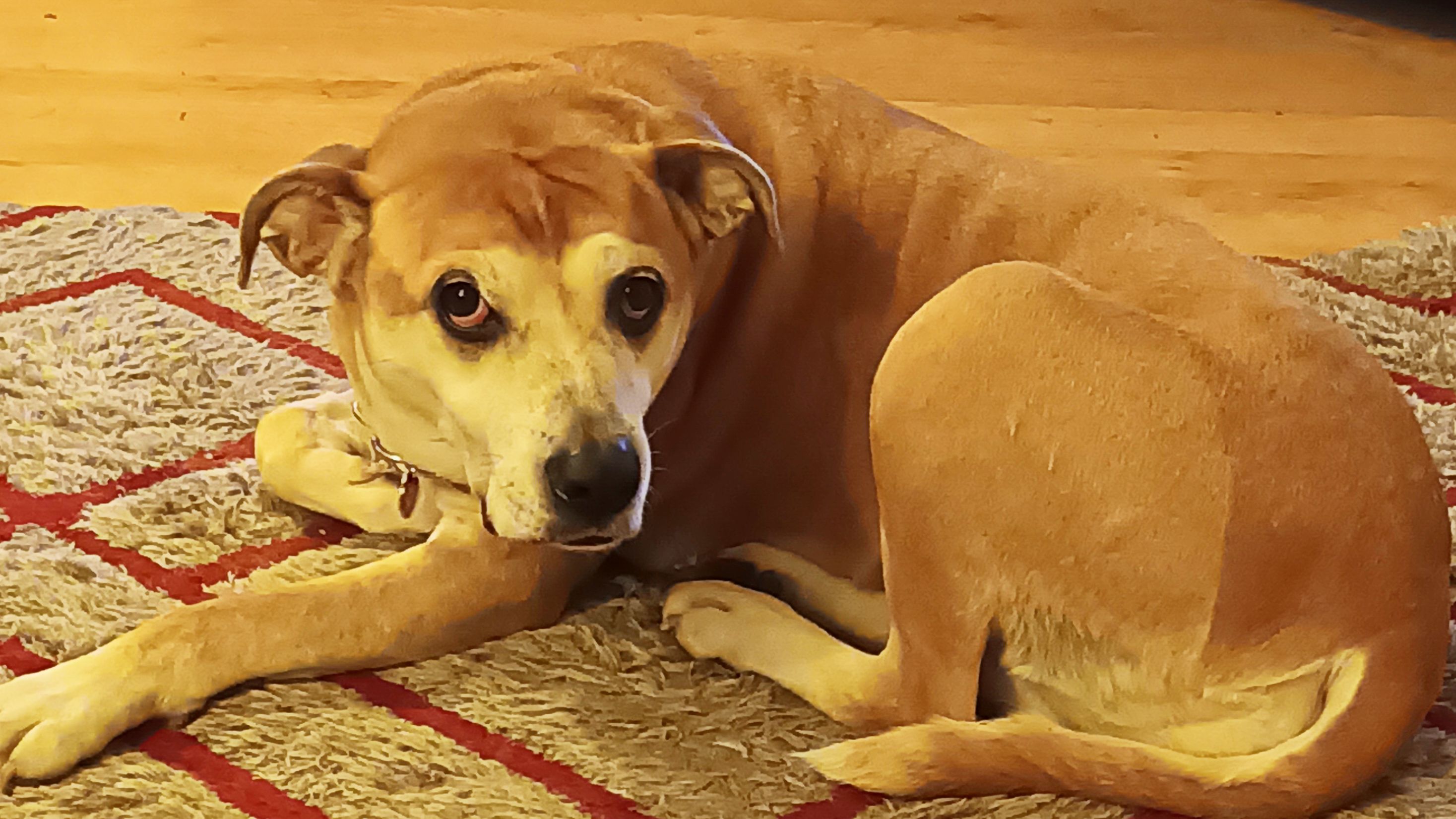
Good News Stories
Molly the bulldog cross has TPLO surgery
28th January 2025
Read time 2 min
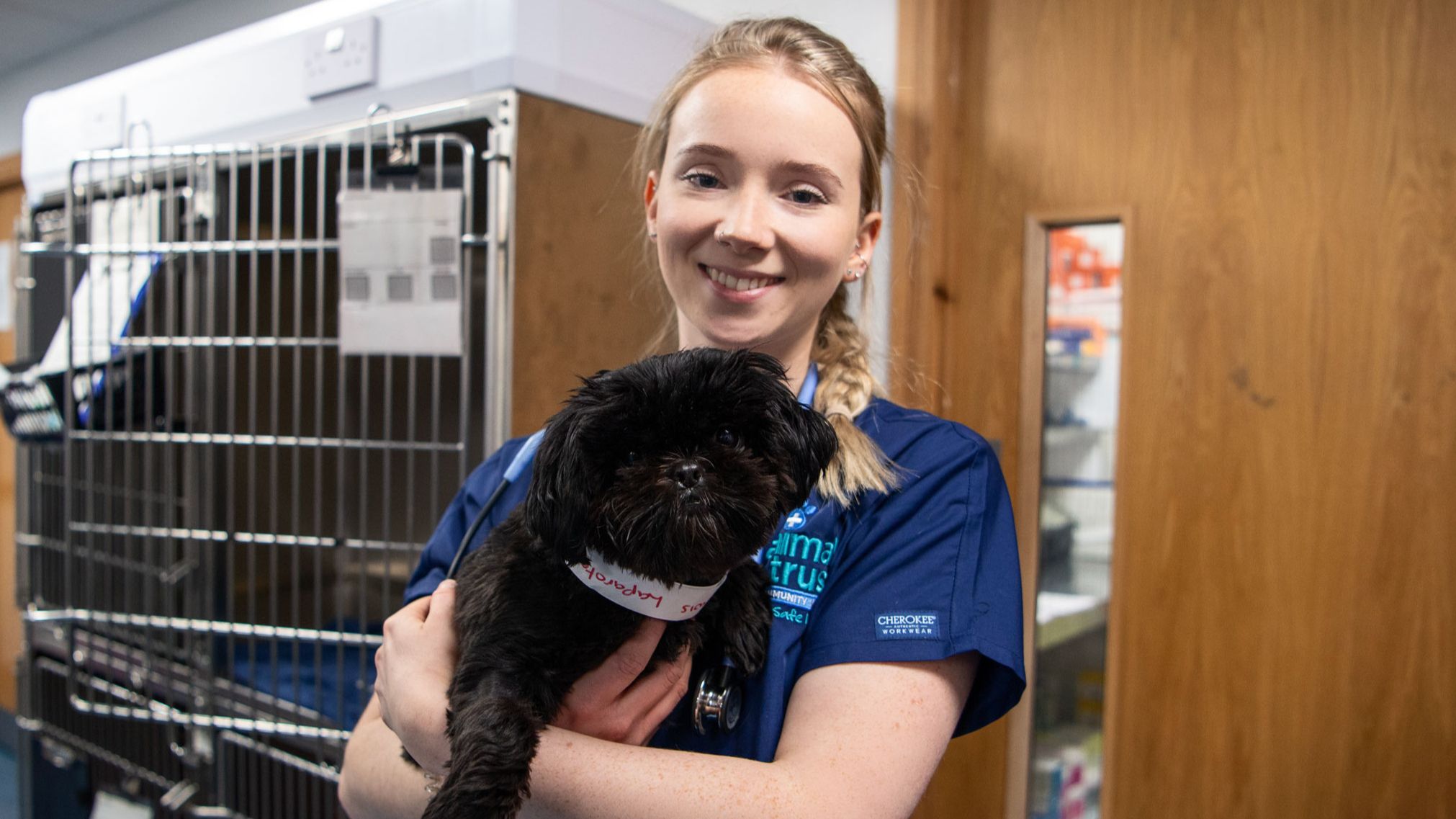
Good News Stories
Shih Tzu Bert has liver stunt surgery
23th January 2025
Read time 2 min
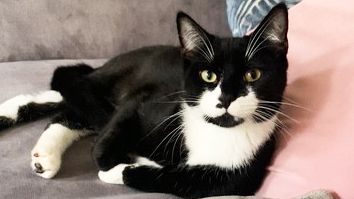
Good News Stories
Surgery for Vivienne after road accident
30th December 2024
Read time 2 min
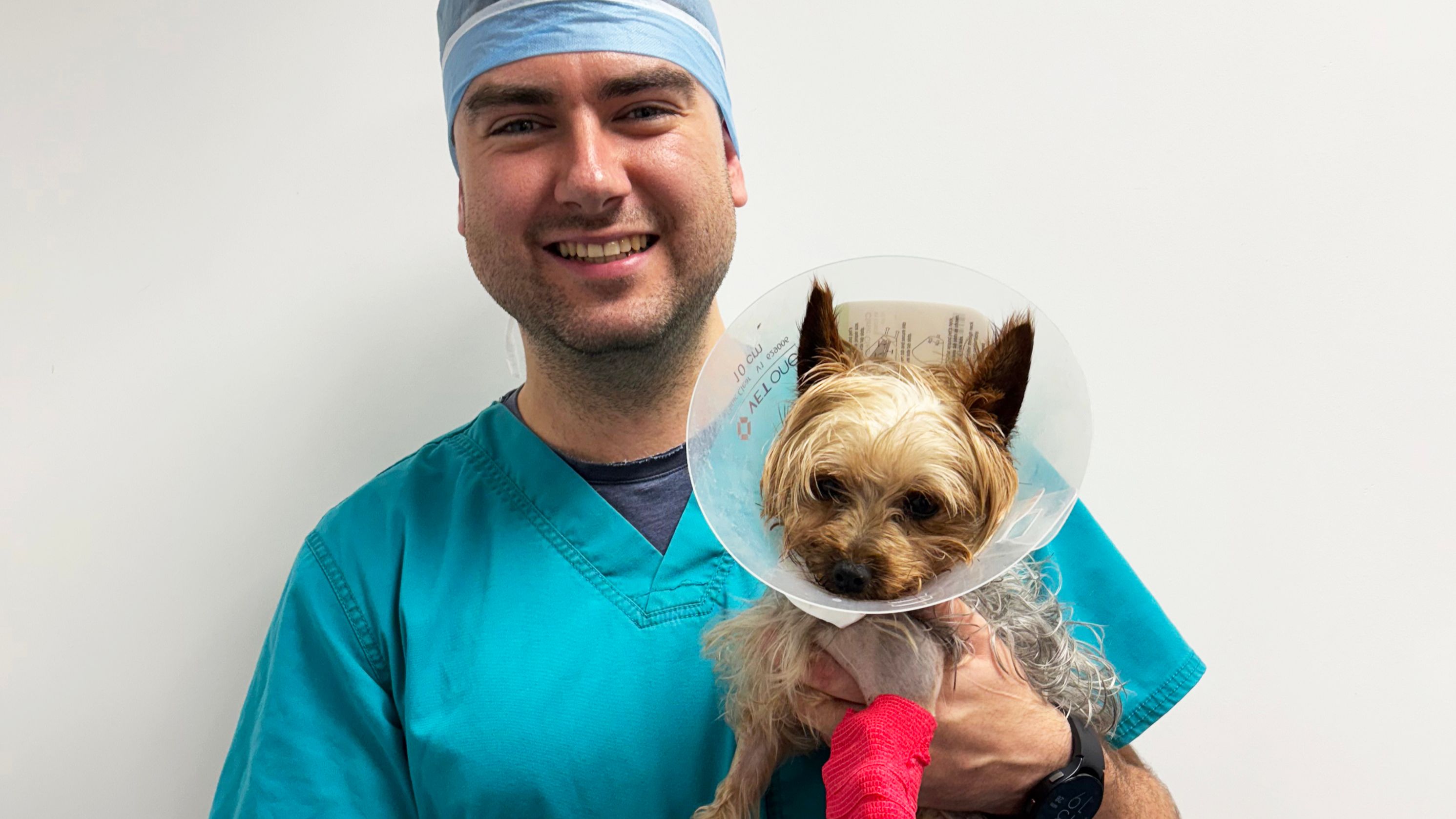
Good News Stories
Yorkshire Terrier Lilly has orthopaedic surgery
24th February 2025
Read time 2 min
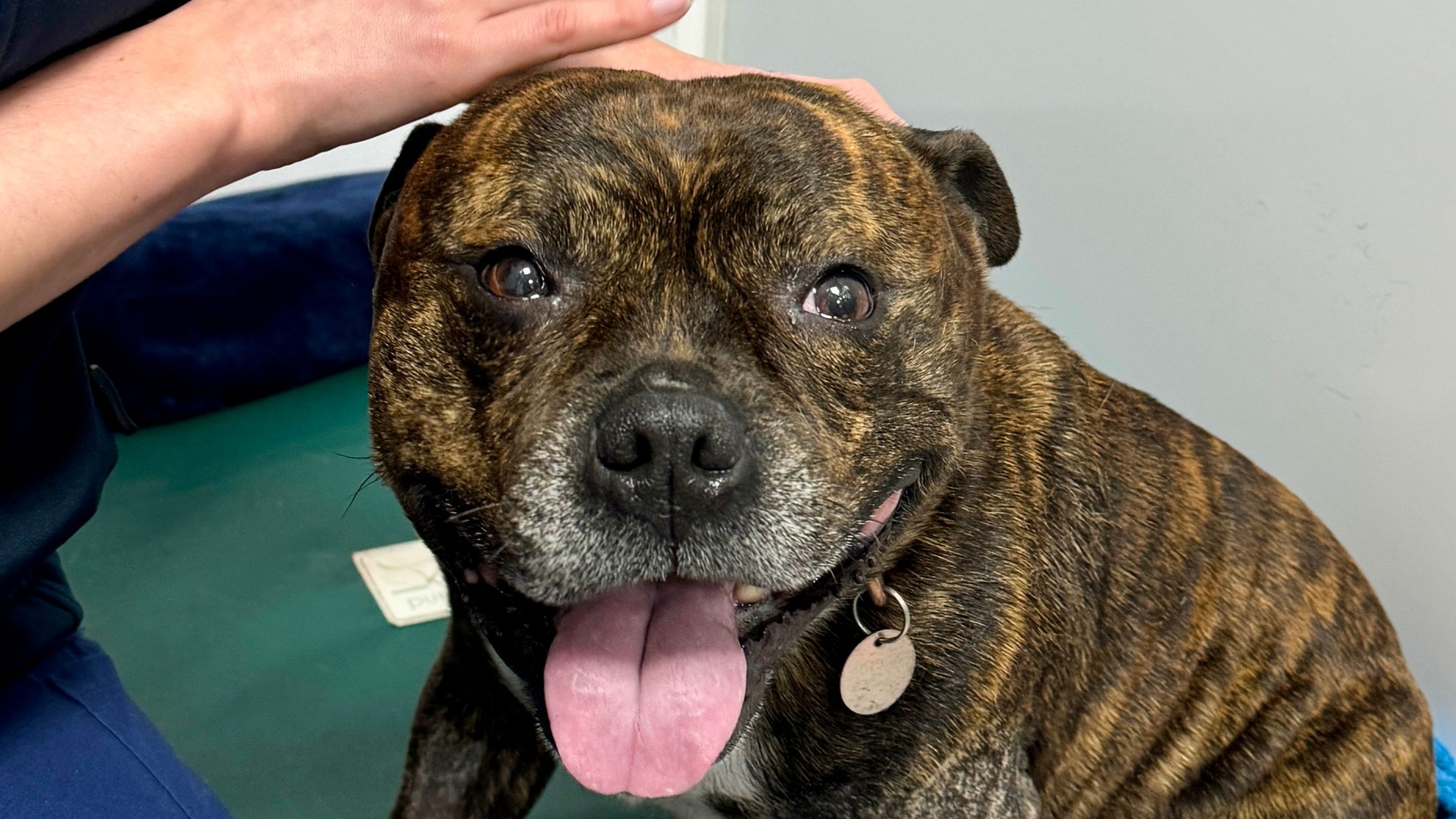
Good News Stories
Bryn the Staffie has Arthroscopy
14th February 2025
Read time 2 min
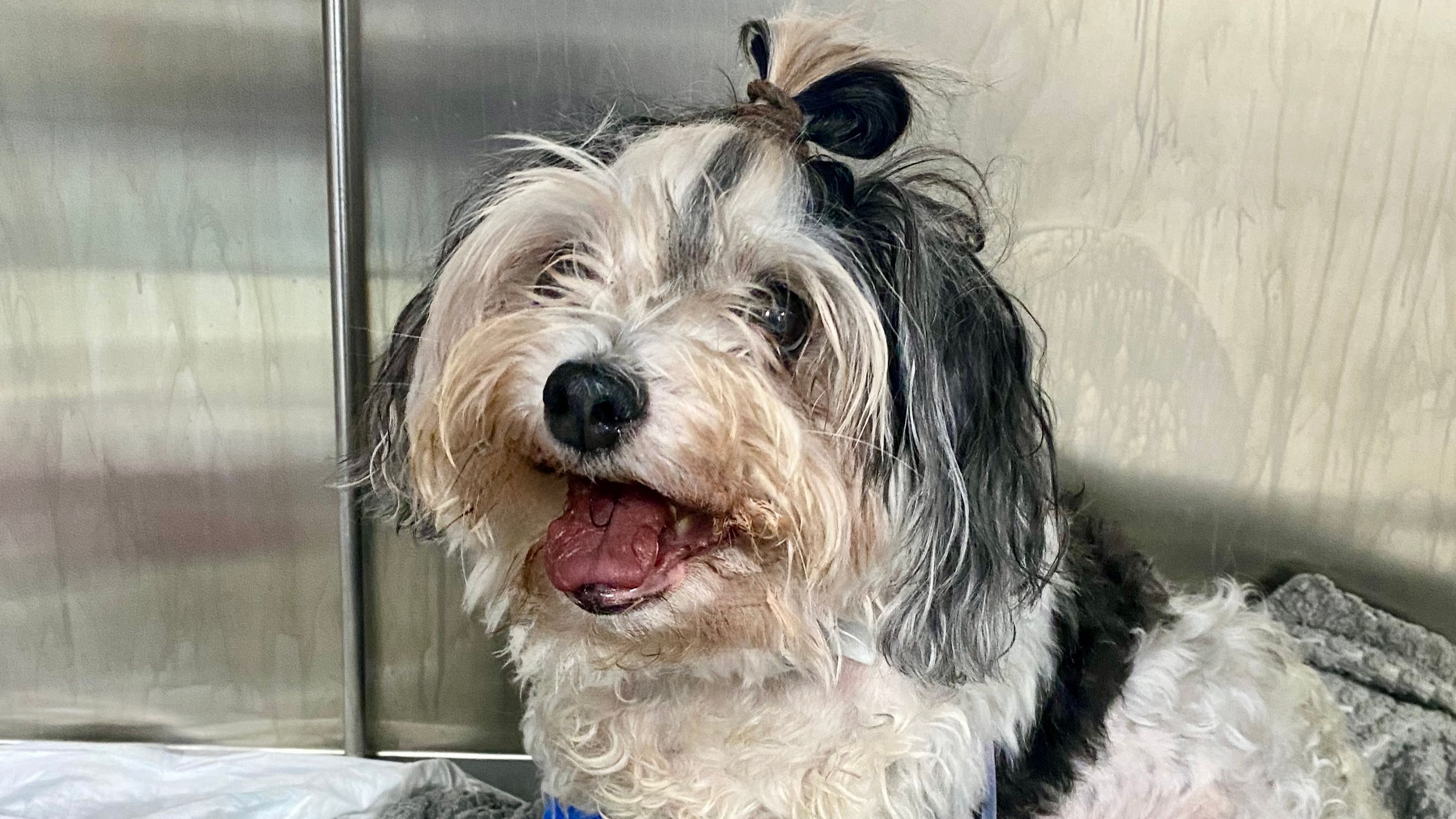
Good News Stories
Jojo has emergency gallbladder surgery
19th March 2025
Read time 2 min
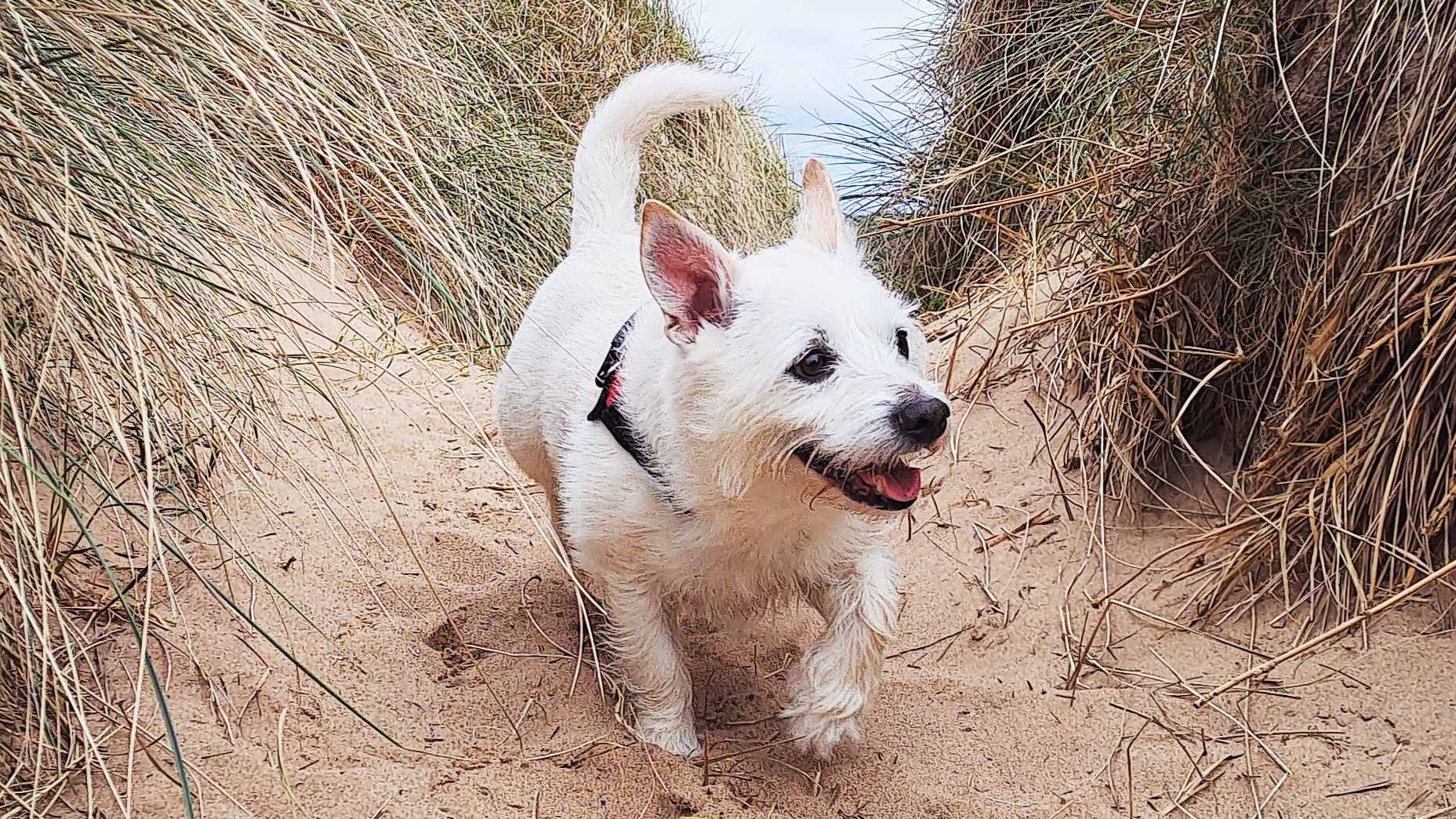
Good News Stories
Woopy the Terrier has tumour removed
12th March 2025
Read time 2 min
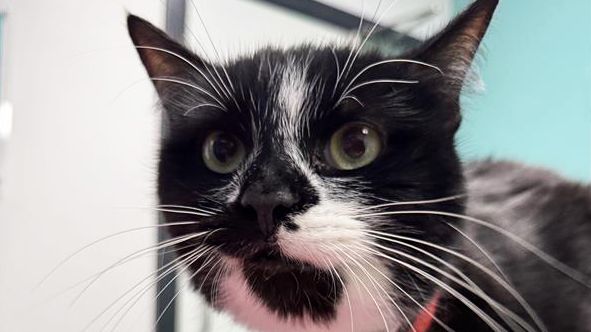
Good News Stories
Margot the cat recovers from FIP (Feline Infectious Peritonitis)
27th February 2025
Read time 2 min
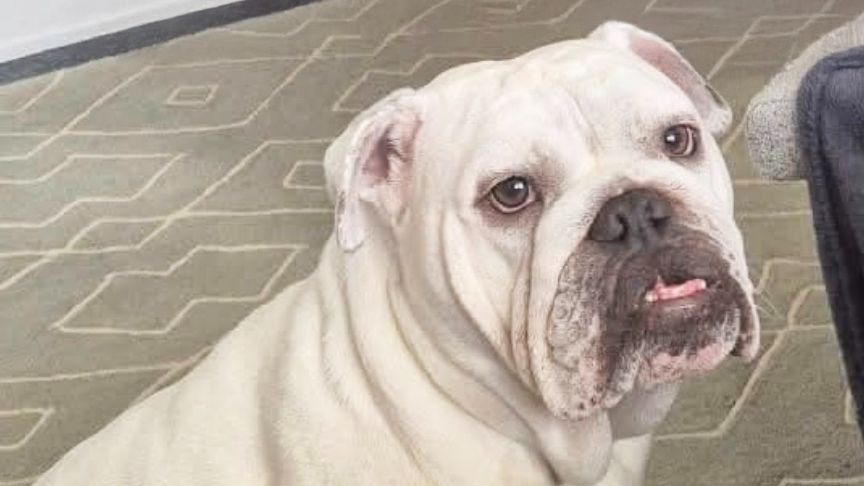
Good News Stories
Dot the dog has surgery for screw tail removal
26th March 2025
Read time 2 min
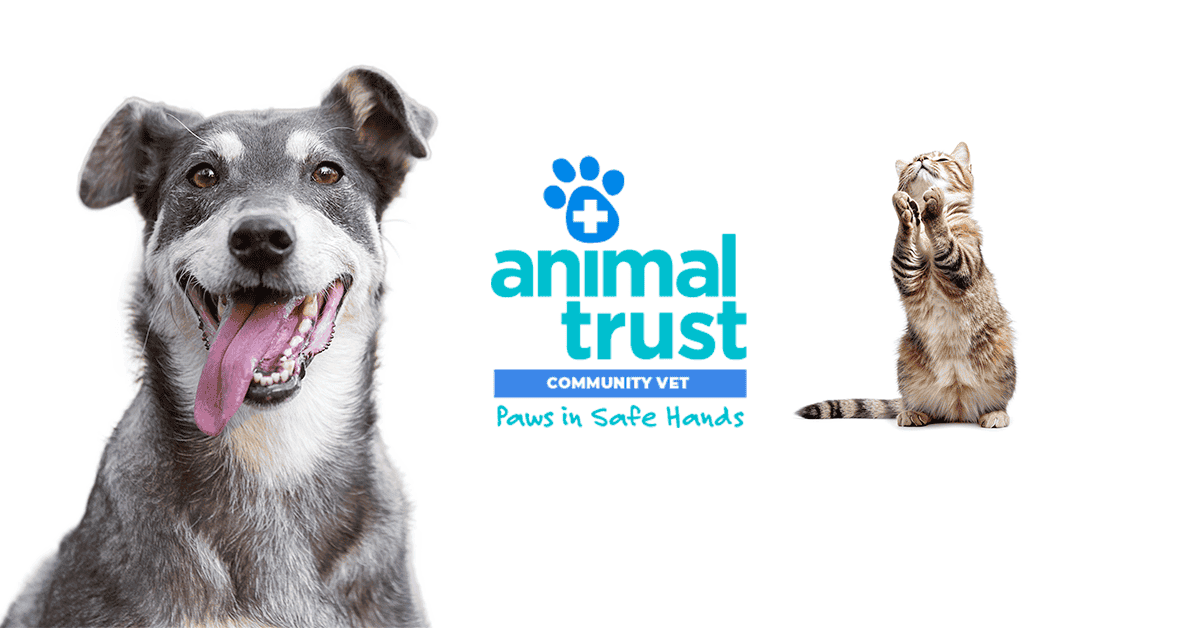
Announcement
Bird Flu Alert
19th February 2025
Read time 2 min
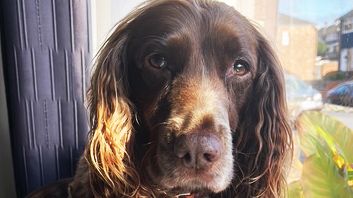
Good News Stories
Vera the Spaniel has Orthopaedic Surgery
7th February 2025
Read time 2 min
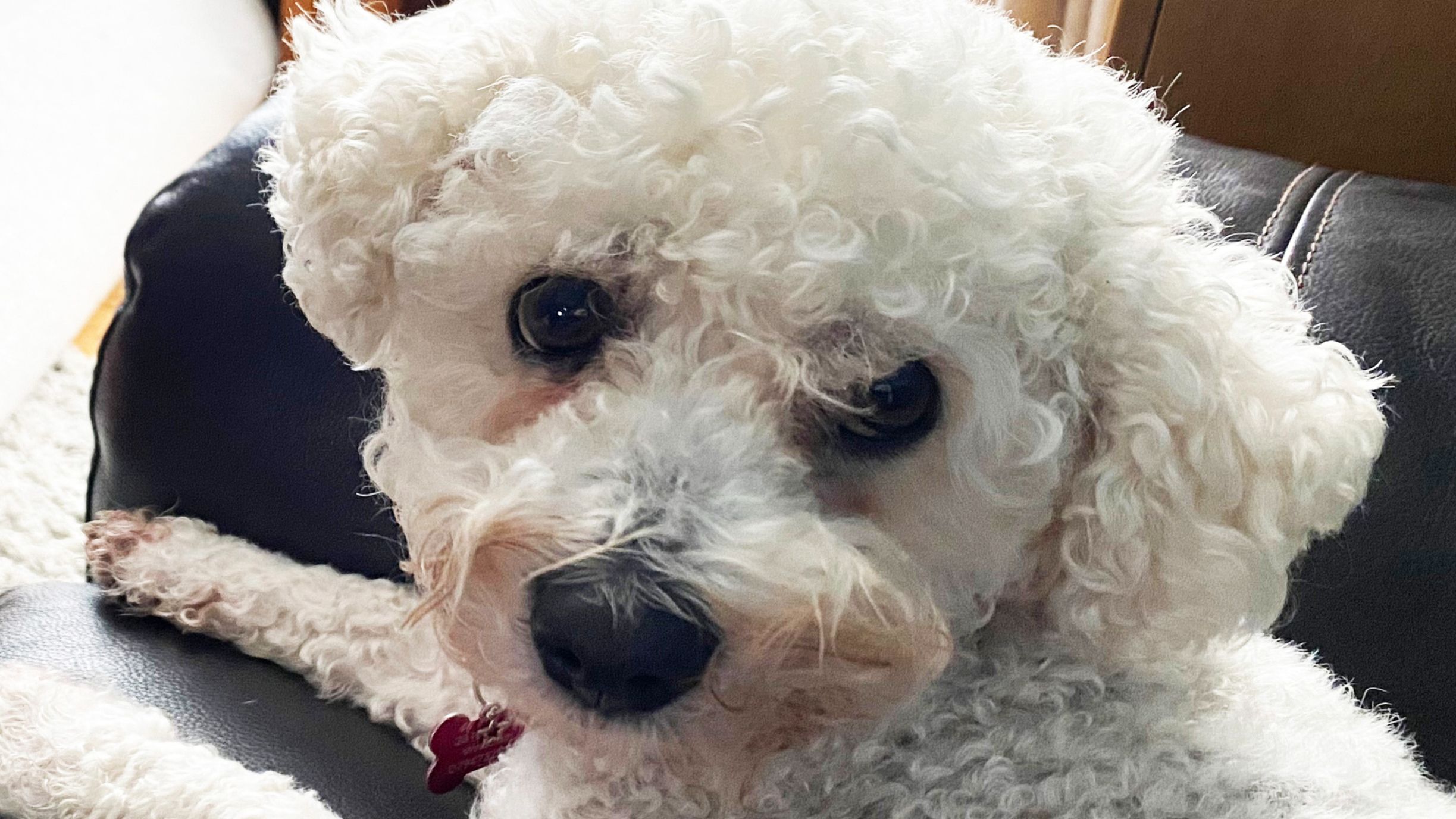
Good News Stories
Seren the dog has large facial mass removed
14th April 2025
Read time 2 min
